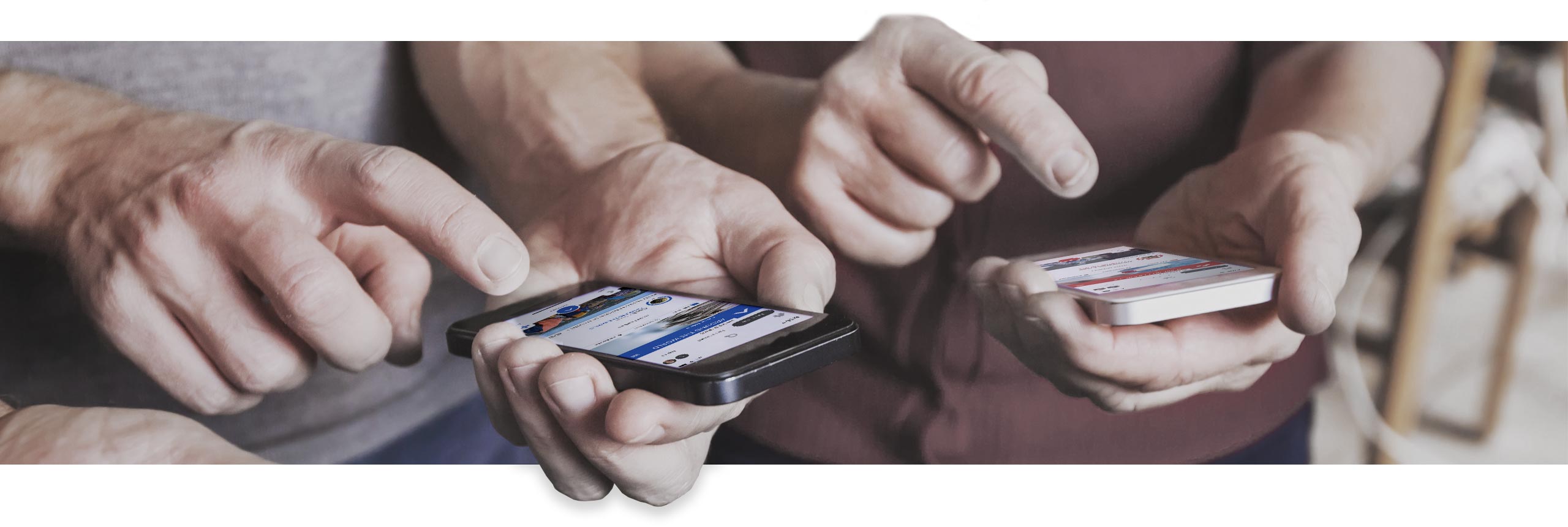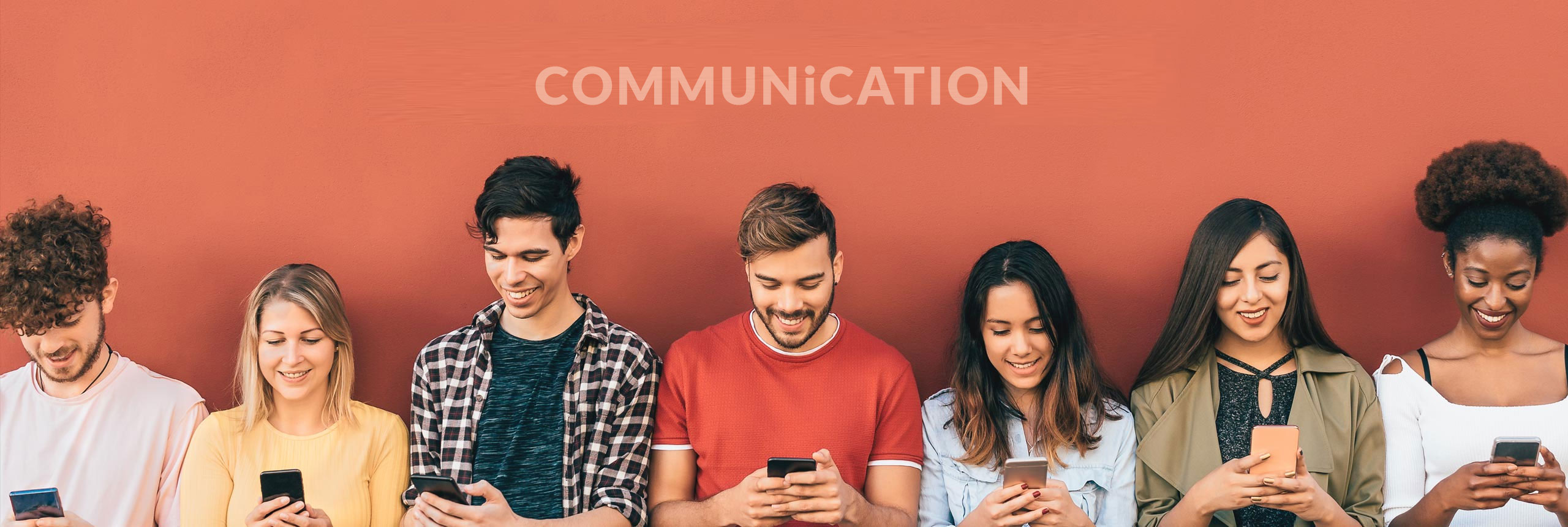Why Have We Stopped Sharing the News?

I often ask people a fairly simple question… Where do you share the news?
The most common response is not surprisingly… “Nowhere.”
Not too long ago there was a time when we would come across an interesting news article and we would instinctively feel compelled to share it with other people; Our friends. Our family. Our communities.
It would be an article on anything from a film review to a global event. It might have reflected our own view of the world, or maybe it was just a revelation, some newly discovered nugget of information. And instantly we’d want others to read it as well. We wanted the people within our little circles to gain this same insight, and in sharing this knowledge we were also expressing a bit more about ourselves, or simply sharing what interested us.
Sharing news and information is much more than spreading knowledge. It’s a way for us to define ourselves and to connect with others who share the same interests. To be part of a community.
In the earliest days, social media was this amazing instrument that connected the world. It was an easy way to keep up with old friends, or distant family.
We shared information like never before. Our vacation photos. Our opinions on books, movies, music… Anything.
We’d get our little dopamine hit in the form of “likes”, and read replies to our posts “Great pic!”, “That sounds awesome!”, or the ever-popular, “Cool.”
It was new to us, and for those of us there in the beginning we thought “The world will never be the same.” We were witnessing a way to gather our entire society into one engagingly, accessible environment. (Kumbaya stuff.)
And as the masses started migrating to this new format of connection and sharing, we slammed the peddle to the floor and just started sharing everything.
It was truly the age of information.
But the foundation of these social platforms were built for sharing our own stories, our own adventures. They were built to bring us together as a way to stay in touch, and to share what’s happening around us with the people in our lives.
They weren’t really built as a massive information network.
They were built for communication.
They were built for engagement. Engagement was key.
Then suddenly our new digital world of interconnectedness was sharing the same space as news articles about police brutality, or abortion rights. We went from sharing pics of our desserts to sharing opinions on topics like war, elections and climate change.
There was an old saying our parents often said around the dinner table, “There are two things we don’t discuss… religion and politics.”
But, social media isn’t just family at the dinner table. It’s the entire world, and now everyone had a seat.
I truly do believe that most people are inherently good, kind human beings, but these same people can get behind the wheel of a car and become absolutely possessed by some inner demon when they’re in their 65mph metal bubble. If someone cuts them off, or drives too slow, they’re suddenly blasting their horn (or worse.)
It’s so bad that we’ve actually given it a name.
Road rage.
Road Rage
: a motorist’s uncontrolled anger that is usually provoked by another motorist’s irritating act and is expressed in aggressive or violent behavior.
And as bad as road rage can get, it’s got nothin’ on the comments section of a social media post.
When we’re in our cars we can see the other person, there’s proximity. There’s still the potential for terrible repercussions, but the internet has given us anonymity. Instead of side-by-side in our cars, we’re now worlds apart… literally.
We’re now suffering from comment rage.
And the things we’re capable of saying to one another online is beyond harsh, it’s become borderline abusive.
There’s so much pent up anger and hostility that we often forget there’s a real person with their own troubles on the other side of that screen. And instead of ignoring these posts that we disagree/dislike… we feel compelled to suddenly tell them just how stupid, wrong, or ignorant they are, as if our view of the world is written on stone tablets come down from a mountaintop.
Is it any wonder that we are no longer excited to post that article, to share that little nugget of information?
We’re either concerned that it might cause some kind of social backlash that shatters our peaceful existence, or we’ve simply grown our social circles to become so large that nothing is relevant to most of the people who follow us.
Over the years our feeds have been filled with random people we’ve encountered through life (many of which we barely remember), and now that news article on that video game, movie or album we found so interesting is actually of no interest to most of the people following us.
And that’s a real shame.
It’s a shame because as human beings we really enjoy discovering new information. We thrive on it. So much so that sharing knowledge is a staple of any civilization.
To not share news and information is depriving us of one of the greatest abilities of mankind.
Communication.

We often look at these social networks as bad, or sometimes even evil entities, but really they’re simply tools. And while we can certainly debate best practices when it comes to privacy, targeted advertising and data mining, we should also admit that these services aren’t making us behave badly when we try and communicate with one another online.
It’s just us.
And sadly, we’ve now gotten so polarized on every little thing that we have lost our ability to politely, constructively communicate.
We can learn so much from one another when we share news and information. It’s how we gain new perspectives, find commonality, and how we can grow as thoughtful human beings.
I do believe we can recover from this downward spiral, this inability to share news and information.
Social media is still relatively new, we’re still learning its impact on society, and there’s recently been a shift happening in how we consume online content, and this shift might actually take us back to responsibly sharing news and information.
While everyone is clamoring to build the next place for us all to spout our opinions, maybe there’s another option to consider as well.
Let’s just share the news on the issues, events and topics that interest us. Without comments. Without our opinions.
Just post a link, and done.
And maybe (just maybe) we can read that interesting article and return to that feeling of wanting to share something new and interesting with the world.
I believe it’s doable. I hope you do as well.

Sharing the news with Topico.
Topico is a mobile app for the user curation of news articles.
Our goal has always been to create an environment where we can comfortably share the news.
There are plenty of places to share the news, but those places also allow you to share photos, memes, and personal rants.
It’s our belief that to comfortably share the news we needed to build a platform that’s dedicated to only sharing news links, essentially Topico providing a way for people to create their own news aggregators for others to follow articles on the issues events, and topics that interest them.
User-curated news provides various perspectives and unique sources to showcase an infinite amount of personal curations.
Are humans far from perfect? – Of course, but they’re still the most capable of applying critical thinking and understanding context and nuance.
While A.I. has a place in finding relevant news and information, it’s our belief that human intelligence through personal curation is still needed to provide the general public the ability to actively participate in the sharing of knowledge and information.
Additionally, there’s an aspect of human curation that is often overlooked when discussing A.I. and algorithmic curation, and that’s the inclusion of creativity, aesthetics, and the most human of qualities, empathy.
Reviewed by common sense education.
Since 2003, Common Sense has been the leading source of entertainment and technology recommendations for families and schools. Every day, millions of parents and educators trust Common Sense reviews and advice to help them navigate the digital world with their kids. Together with policymakers, industry leaders, and global media partners, we’re building a digital world that works better for all kids, their families, and their communities.
Tap on the logo above, or visit their home page at https://www.commonsense.org/education for more insightful reviews.

